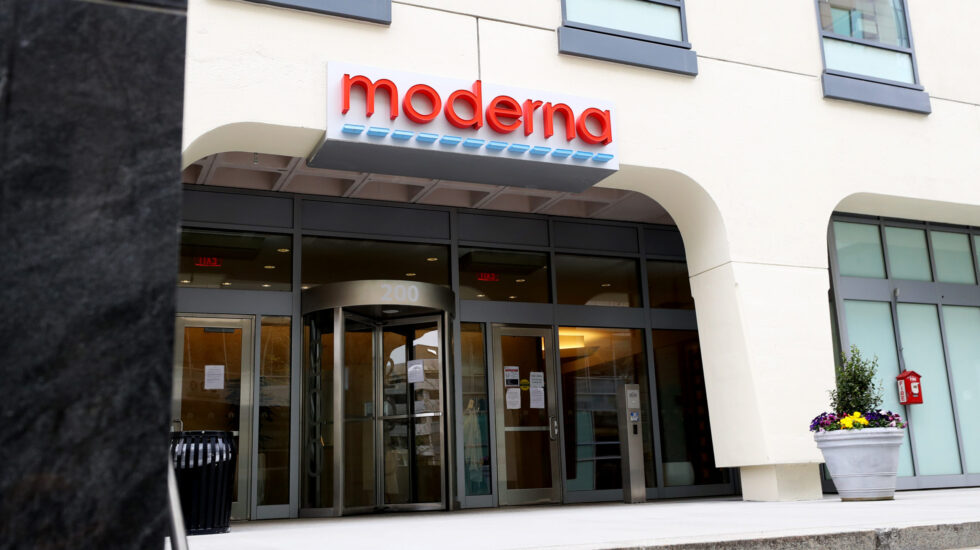The week began with promising news from Moderna, a pharmaceutical company in Boston. Via press release, Moderna said it had successfully tested a coronavirus vaccine in a phase 1 trial. The New York Times writes:
“The vaccine, the first to be tested in humans, appeared safe and stimulated antibody production in 45 study participants. Eight people had in further testing produced so-called neutralizing antibodies, which should prevent illness. But there were no details — no charts, no graphs, no numbers, nothing published in a journal.“
But there was a big bump in Moderna’s stock price, up as much as 30 percent.
Then, nine hours after the press release, Moderna announced a stock offering looking to raise $1 billion for vaccine development. The Times reports, “The company’s chairman, Noubar Afeyan, later said it had been decided only that afternoon.”
“By Tuesday, a backlash was underway. With no further data, scientists could not evaluate Moderna’s claim. The government agency leading the trial, the National Institute of Allergy and Infectious Diseases — led by Dr. Anthony S. Fauci — had made no comment. And there were concerns that the company might have timed things to jack up the price of its stock.“
The stock reached $87 a share on Monday but has since retreated. On Friday it closed at $68.60, according to CNN.
“Meanwhile, two company executives cashed in stock options on Monday. CNN writes: “Moderna’s chief financial officer and chief medical officer executed options and sold nearly $30 million of shares combined on Monday and Tuesday, SEC filings reviewed by CNN Business show.”
While the trades appear to be legal, CNN spoke to Charles Elson, a corporate governance expert at the University of Delaware.
“Even if it can be done legally, the optics are terrible because it shows you have a better place to put your money,” said Elson. “It shows a lack of confidence in your company going forward.”



